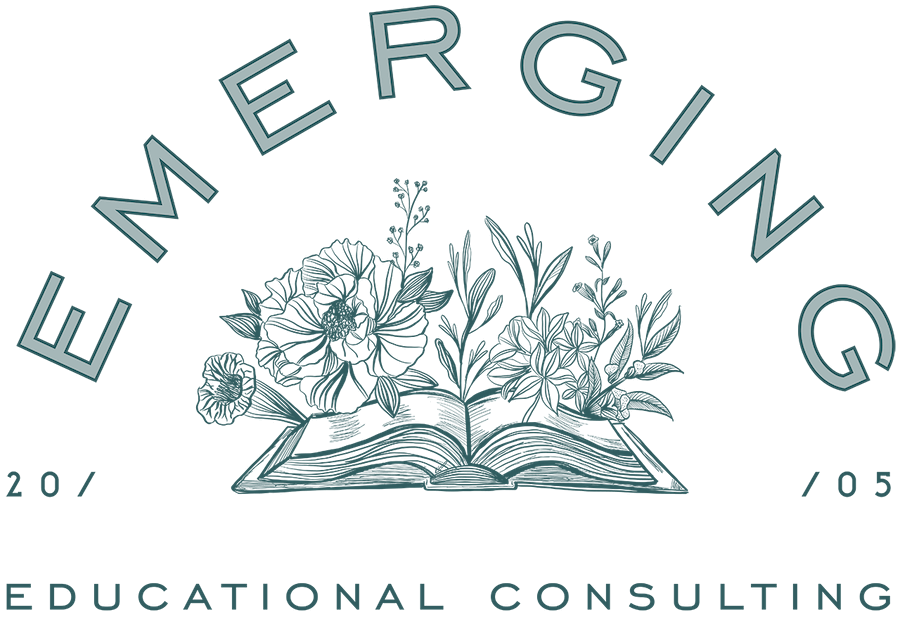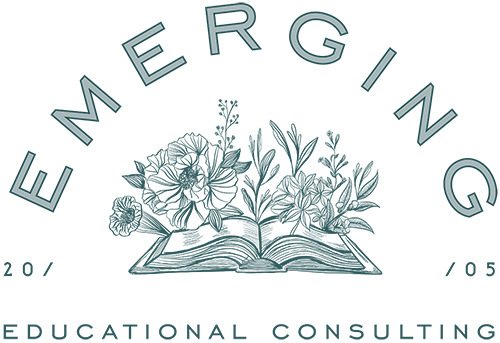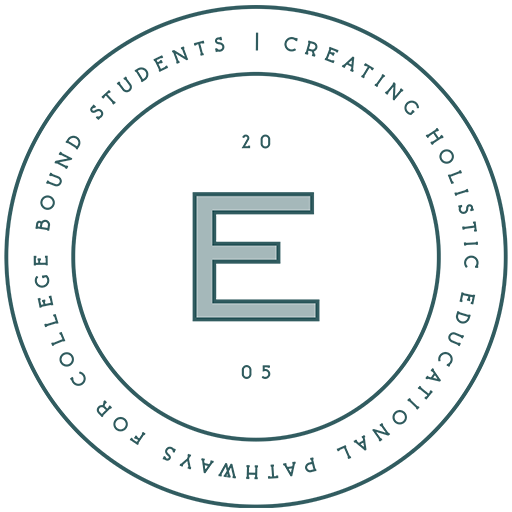Join my revolution to Grow Good Humans!
(And fight the toxic achievement culture)
While on my trip to L.A. this past weekend, I finally picked up the book by Jennifer Wallace, an acclaimed journalist, and author of the new book “Never Enough: When Achievement Culture Becomes Toxic – And What We Can Do About It,” I couldn’t help but ponder the problems AND the sense of pride I have for my purpose in life: To Grow Good Humans.
I am on a mission to support parents, students, and IECs in using the application process so students can INDIVIDUATE, develop self-efficacy, and create balance and purpose throughout their high school years. We make the process SIMPLE, DELIBERATE, and JOYFUL.
When I wrote my little book in 2015 called The Entitlement Antidote, I created a call to action to create opportunities for children to feel like they MATTER. Jennifer Wallace’s book is 100% in line with what I want my parents to know as they FIGHT against the pressures our students face today.
When I wrote the Capstone Curriculum: A Field Guide to the Application Process, I wanted to create a path for students and IECs to integrate best practices in parenting and education to pave the way for students based on best practices in teaching and learning!
If you are interested, please join us to become certified in the Capstone Curriculum so that you can access my process, my materials, my information vault, and tips for starting and scaling your practice!
Key takeaways from Never Enough: When Achievement Culture Becomes Toxic – And What We Can Do About It:
- Make children feel needed and valued. This is known as the “mattering” effect, and it can serve as a buffer against the negative impacts of achievement culture.
- Don’t tie children’s self-worth to their performance. This can lead to anxiety, depression, and self-harm.
- Celebrate children’s strengths and character traits, not just their grades. This will help them develop intrinsic motivation and resilience.
- Model healthy work-life balance and set boundaries. Children need adequate playtime, downtime, and family time.
- Foster authentic pride and interdependence. Help children understand the value of doing their best and seeking help from others when needed.
Here are some specific tips for parents:
- Involve children in problem-solving and decision-making. This will help them feel valued and contribute to the family.
- Create a safe and supportive home environment where children can relax and recharge.
- Minimize criticism and focus on positive feedback.
- Help children identify their strengths and interests. Encourage them to pursue activities they enjoy, even if they don’t lead to immediate success.
- Talk to children about the pressures of achievement culture and how to cope with stress.
- Be a role model for healthy work-life balance and self-care.
Don’t just sit there and let the achievement culture win! Together, we can create a world where children feel valued, supported, and empowered to reach their full potential. Let’s start today by making small changes in our homes and schools. Let’s celebrate their strengths and character traits, not just their grades, and let’s model healthy work-life balance and self-care so that they can learn to do the same. Join me as we work together to grow good humans!




